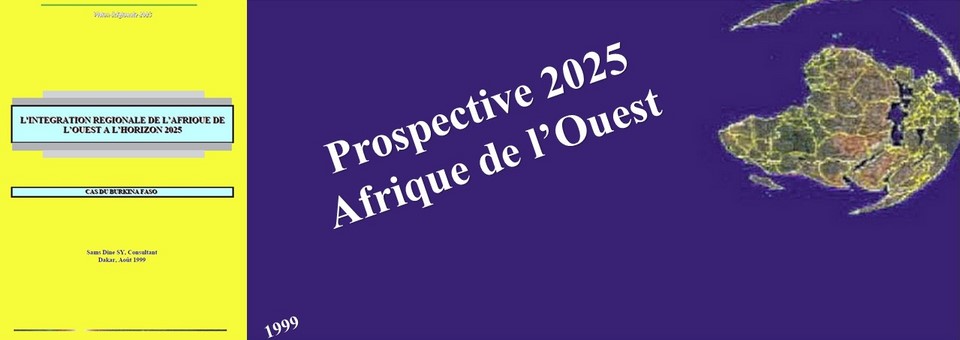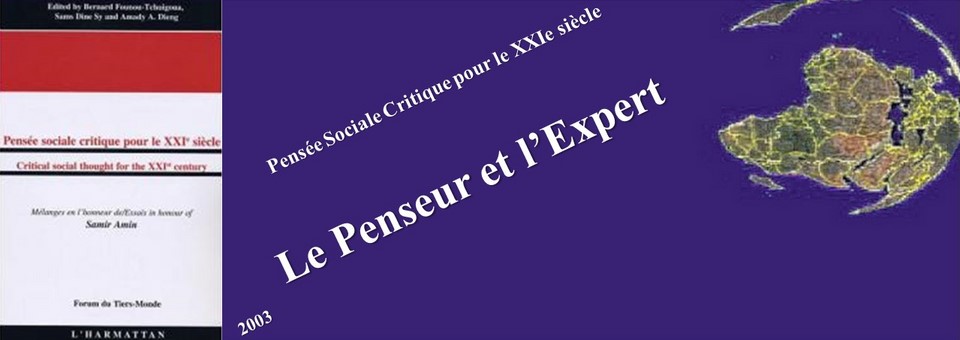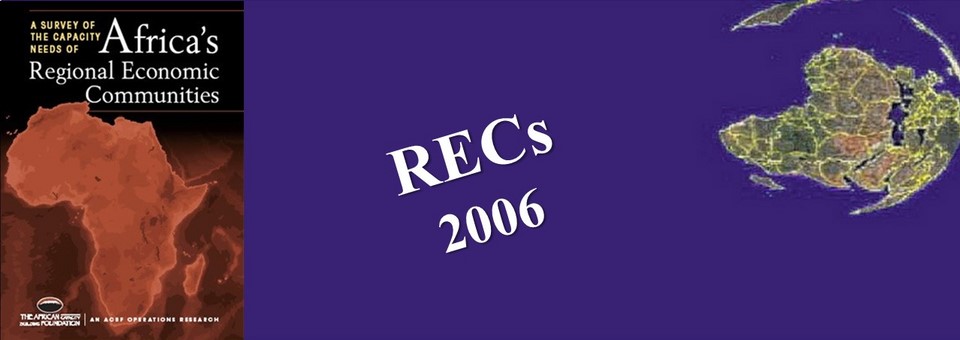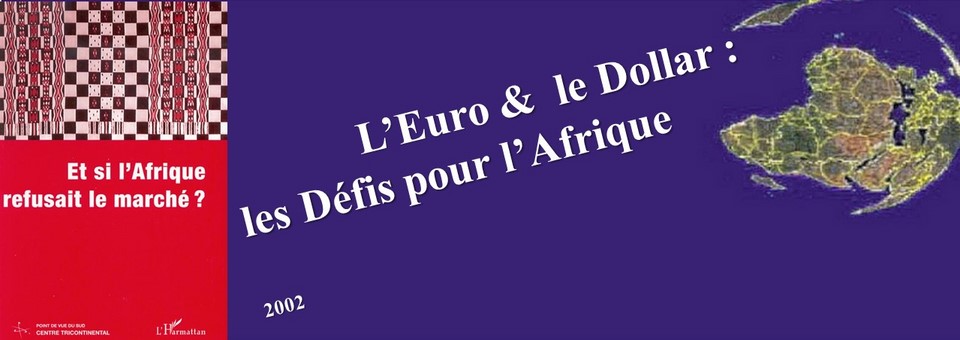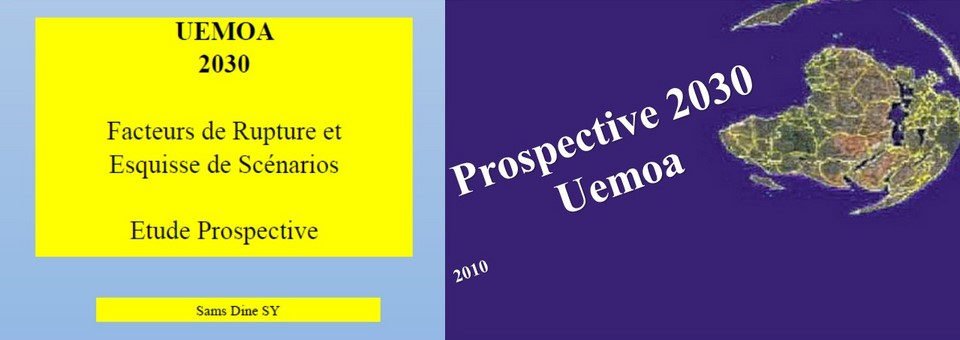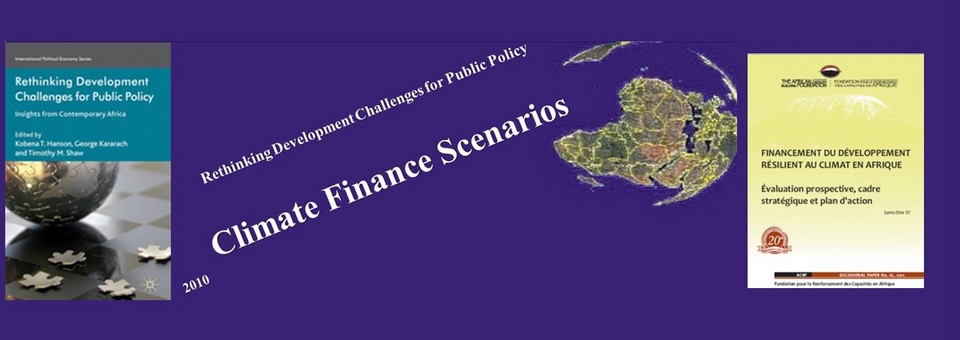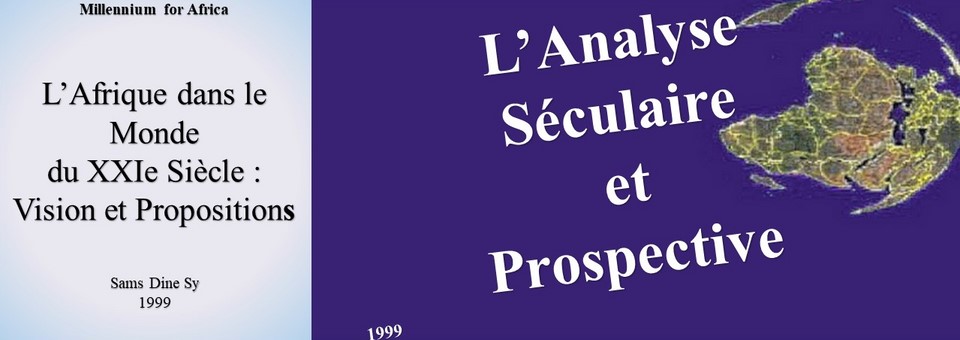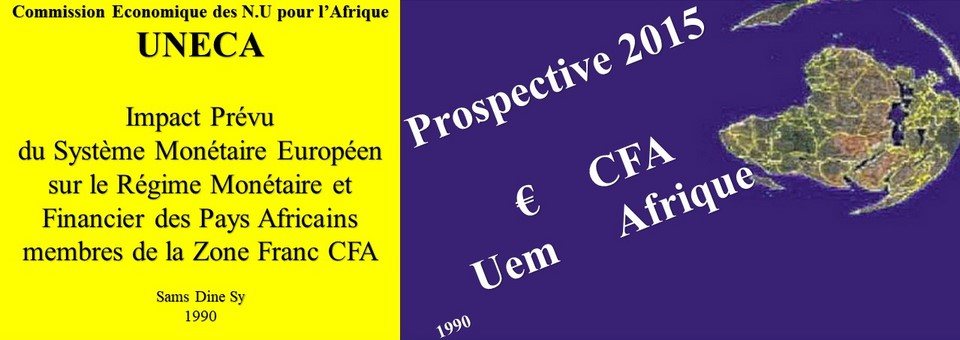POLICY ANALYSIS :
Deployment in AfricaNEPAD : A Critical Assessment
partenariat
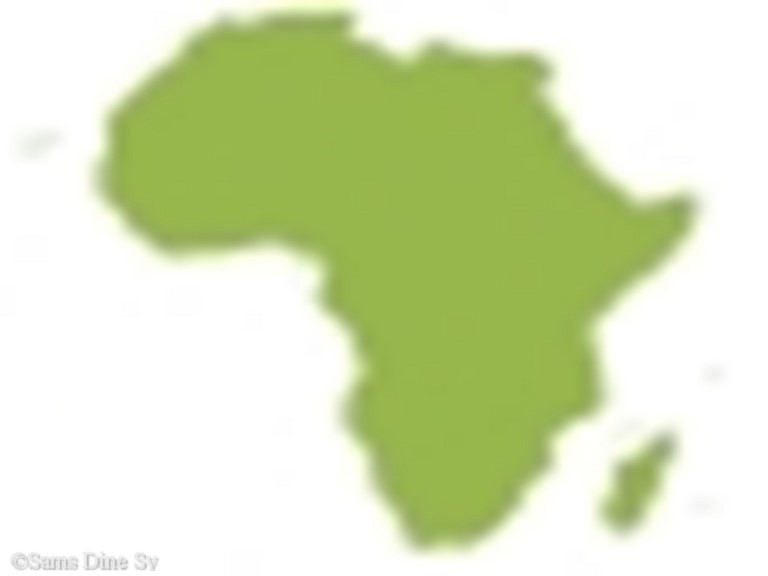
The NEPAD issue refers to that of the articulation between regional integration in Africa and that of Africa in the emerging global economy, with a view to concerted management of the risks and uncertainties of globalization. Hence the need to clearly distinguish the stages of regional integration in Africa and to draw lessons from multi-national planning efforts.
The 1960s and 1970s: regional integration was first relegated to the background with the creation of the minimalist OAU/sovereignist Monrovia group. The concepts of assistance and then development cooperation dominated this period and masked an intense effort to buy alliances with aid.
The 1980s and 1990s: Monrovia's strategy led to the adoption of the LAP (1980) of the Abuja Treaty (1990). However, the vast majority of African countries are more involved in the implementation of SAPs than in the implementation of National and Multinational Plans. The adoption in 1995 of the Cairo Programme of Action was accompanied by an intensification of reflection on Africa's development prospects and the multiplication of action plans, programmes and initiatives for Africa. The concepts of capacity building, partnership and ownership in turn mask the efforts of the former colonial powers to transfer African debts to international institutions whose mandate to manage emerging, indebted and poor economies has been strengthened.
During these two periods, Africa has experimented with several regulatory models ranging from centralized planning at the national level to the integration of open and competitive markets. With results well below what has been possible in other regions, whatever the model adopted. The causes are now known:
- Insufficient, if not negligible, consideration of the risks and uncertainties of the international environment due to a lack of anticipation and forward-looking strategy
- A tendency to adopt plans that best express the aspirations of the public sector, by lack of involvement of civil society and the private sector
- An excessive dependence on external constraints that leaves little room for manoeuvre to exploit/value Africa's assets.
- A design of the plan based essentially on the mobilization of external aid to be allocated to specific projects, without paying too much attention to implementation and evaluation.
In terms of regional cooperation and integration, the trend has been more towards a multiplication of approaches than the search for articulation or coherence. Hence the themes of rationalisation of IGOs, adoption of convergence programmes, regionalisation of SAPs or poverty reduction programmes which were agitated during the second half of the 1990s.
Drawing lessons from these failures, donors are moving towards attempts to articulate African and global governance. The reform of public aid in order to orient it towards development objectives, the redefinition of the international financial architecture and the reflection on the procedure organising the bankruptcy of States, are part of this effort. Within this framework, several agreements, initiatives, forums and proposals have been initiated in recent years: AGOA, Africa/EU Forum, G15, Everything But Arms Initiative, G8 Africa Action Plan, "Meltzer" report to US Congress on International Financial Institutions, "Krueger" proposal to IMF on sovereign debt restructuring. With regard to Africa, the adoption of the PRSPs, the semantic shift from the OAU to the AU and the transformation of the Lagos Plan of Action into NEPAD, including non-African actors and covering an even greater number of areas, mark the transition from one strategic paradigm to another. The regional level and the market economy are becoming essential elements of the strategic development framework of African countries, based on the key concepts of ownership and partnership, as defined by Agenda 21 for Africa's development.
Nepad : Examen critique
Introduction
I. Is Africa's development possible?
1. African development trends and planning issues
2. Planning problems
3. The construction of NEPAD and the formation of the strategy
II. Challenging NEPAD
4. From NIA to NEPAD: the changing context
5. The relevance and real ownership of NEPAD
Relevance
Actual degree of ownership
6. Content and dynamics of the partnership
7. The position of the actors of the partnership
African Renaissance Institute of South Africa Symposium
Report of the High Council for International Cooperation (France) AfDB/OECD-CD Forum on African Perspectives
The positions expressed by civil society
III. The chances of success of the action programme
8. NEPAD scenarios
9. Implications for NEPAD governance
10. Strategic options
Conclusion: What strategy for civil society?

